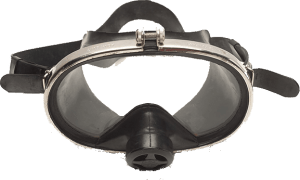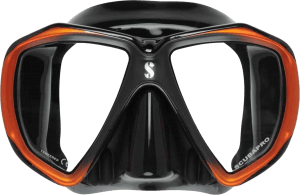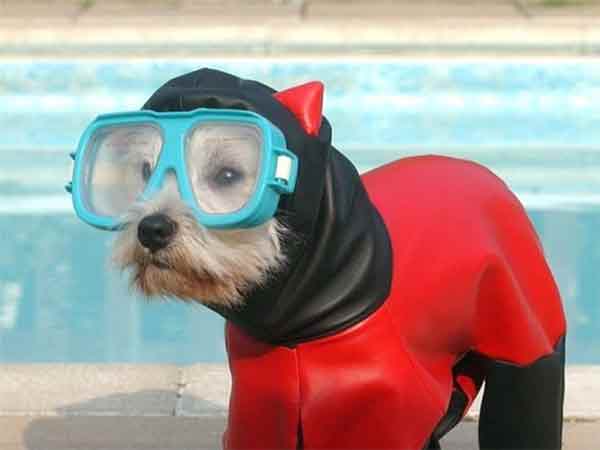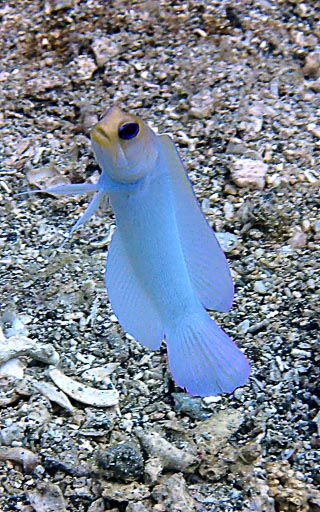How to solve problems with your Scuba Mask
The Scuba Mask seems to be the piece of equipment that causes divers more problems than any other kit.
Here are some solutions to problems I have encountered over the years:

Most mask issues are “user problems” rather than issues with the mask itself.
When I am teaching I take time to ensure that my students understand what makes a “good fit” in a Scuba Mask and how to properly adjust a mask.
A single mask, properly adjusted will fit 90% of adult divers.
Those with narrow or small faces will need a smaller mask.

Problem number one – Not owning your own mask
You need a mask that fits comfortably, is suitable for the shape of your face, doesn’t pressure your nose and then once you have it adjusted correctly, it stays that way.
Renting a mask every time you dive means spending time to adjust it and get it just right, if you can, or if not, you will have to suffer the “leaky mask syndrome” for your entire dive.
Go to a dive shop, try a few different styles and shapes, take advice, customize it with a slap strap (stops hair getting tangled), then adjust it properly for fit.
The Internet is not a place to buy your dive gear when you are a “newbie”, in the long run, the advice you will get from a knowledgeable dive pro has much more value to you than any monetary saving you might make.
This is one piece of gear you should not try to save money on!
Problem number two – Mask strap too tight
I see this all the time. The water pressure when you are underwater will keep your mask on your face even if the strap breaks, too tight on the surface means the seal will distort underwater which can lead to a leaking mask.
Your natural reaction will be to tighten even more, this has the opposite effect to what you intended.
I have loosened the straps on my students masks underwater many, many more times than I have tightened them!
If you return from a dive with a red ring around your face, your mask was definitely too tight, us old timers call it “mask face”, a sure sign of an inexperienced diver.
Problem number three – Mask fogs up
New masks require a good clean of the lenses. Non-gel toothpaste is best for this. A little toothpaste, a little water and scrub with your finger until it squeaks.
There are specific mask cleaning products you can buy, but toothpaste works just as well.
To prevent fogging during a dive use an anti-fog product. Follow the instructions, some products require rinsing off afterwards, some do not.
A great alternative is baby shampoo, works just as well and much cheaper, just rinse of afterwards.
Many divers just spit in their mask, just as effective, spit, rub, rinse and it works.
Caring for your scuba mask and mask myths
Mask on forehead
Forget the old wives tales of “mask on forehead in water means diver in distress” there is one good reason why you should never push your mask up onto your forehead when you surface from a dive, if a wave comes along it will get washed off your head and while you are spluttering from the water that went up your nose your mask is descending into the deep without you!
On the boat or shore, if your mask is on your forehead you will be sweating into it, this gives the inside a good coating of body oils and suntan lotion, thus preparing it nicely to fog up when you go underwater.
The place for your mask is around your neck, unless of course it is properly fitted and on your face.
Long term mask care
A scuba mask, properly looked after should last many years.
When not in use, rinse with fresh water, dry it and keep it in a mask box to stop the seals getting squashed.
During diving the mask is around your neck or on your face, not lying around on the boat.
If you leave your mask damp for a period and it starts to show mold growth then soak it for a hour in a 10% bleach solution. Rinse and dry thoroughly before storage. Remove any fabric slap strap before soaking.
The skirt on a clear mask will go yellow if left out in the sun. No harm done but it does not look good.
Take care of your mask and it will serve you well for many years
Mistakes are mere echoes from the past. Let’s not repeat them but just learn from them.
anon











